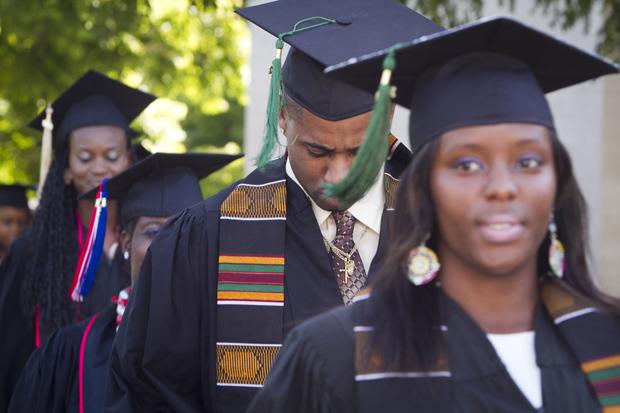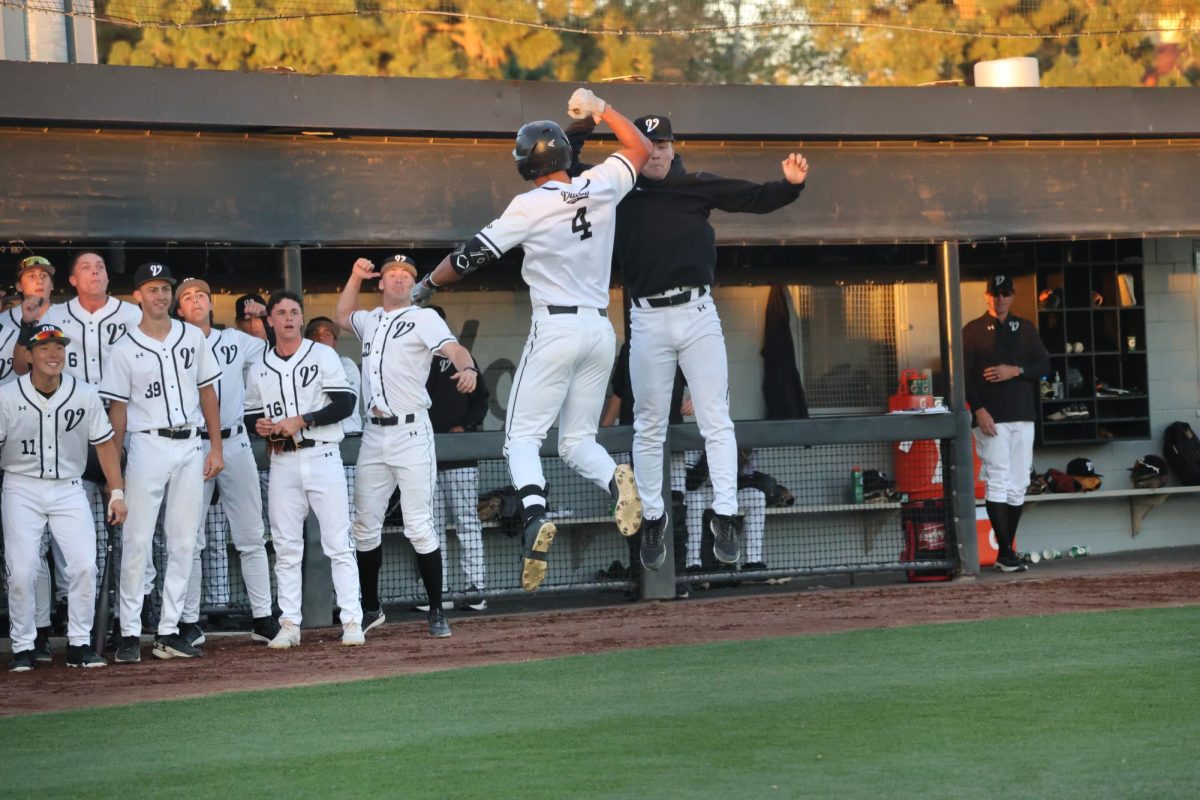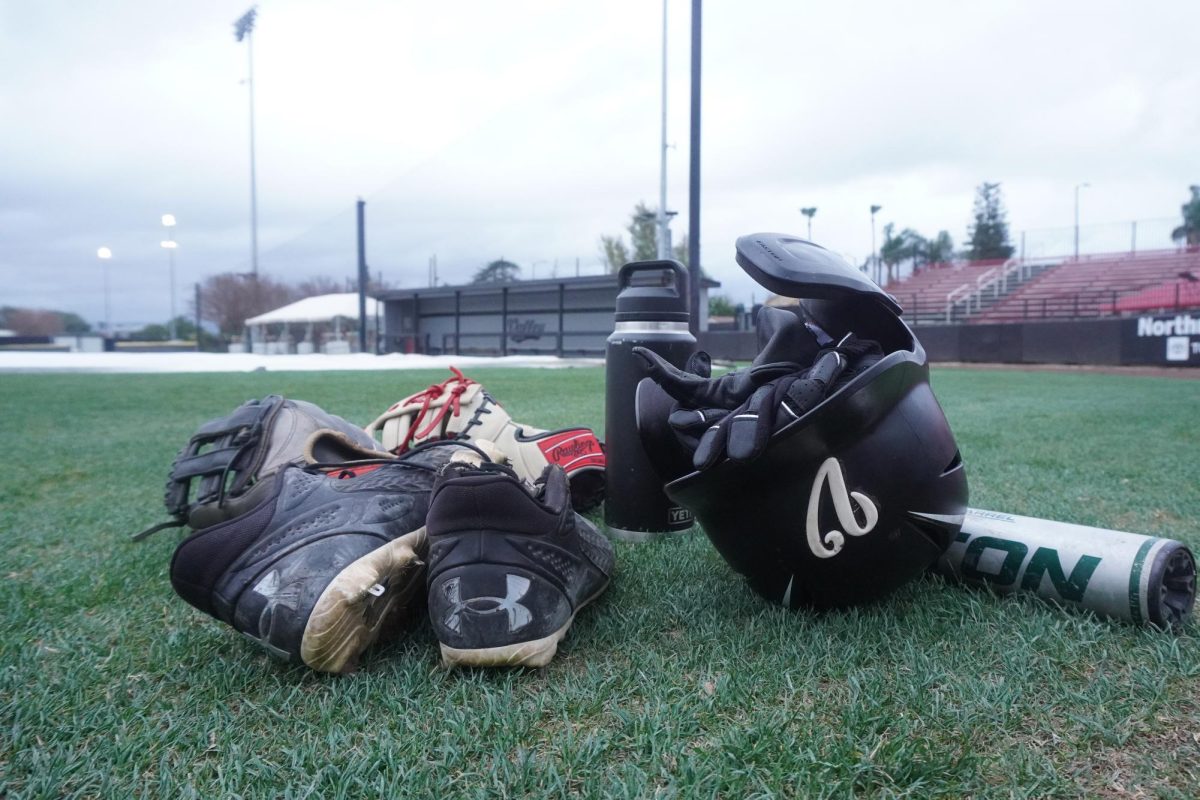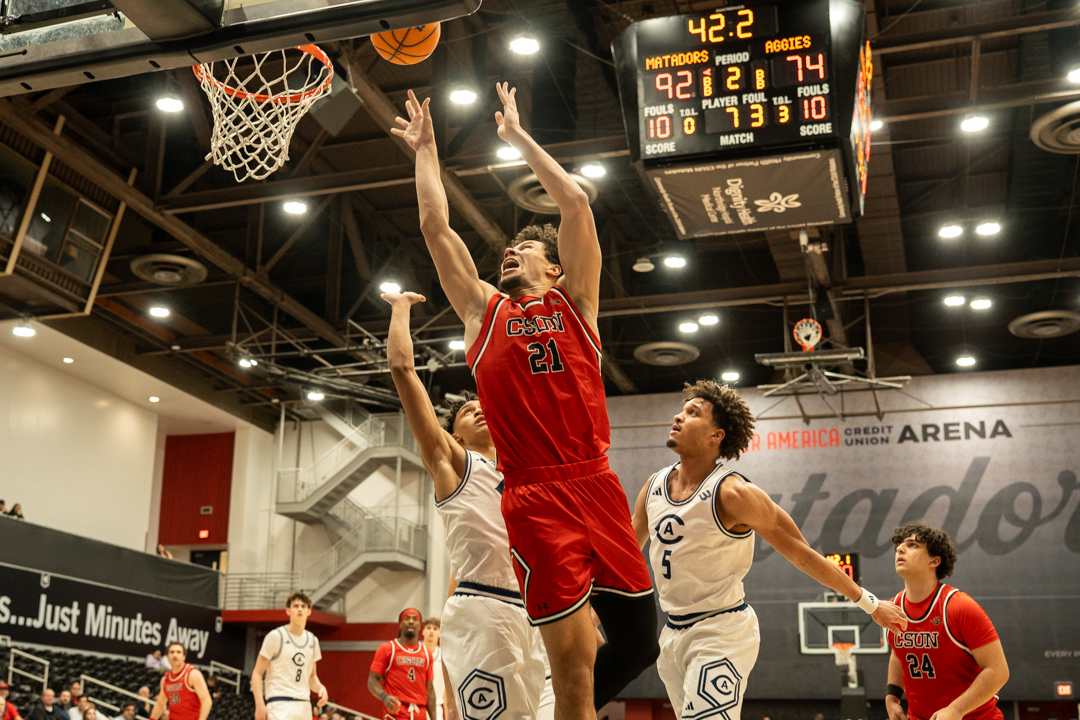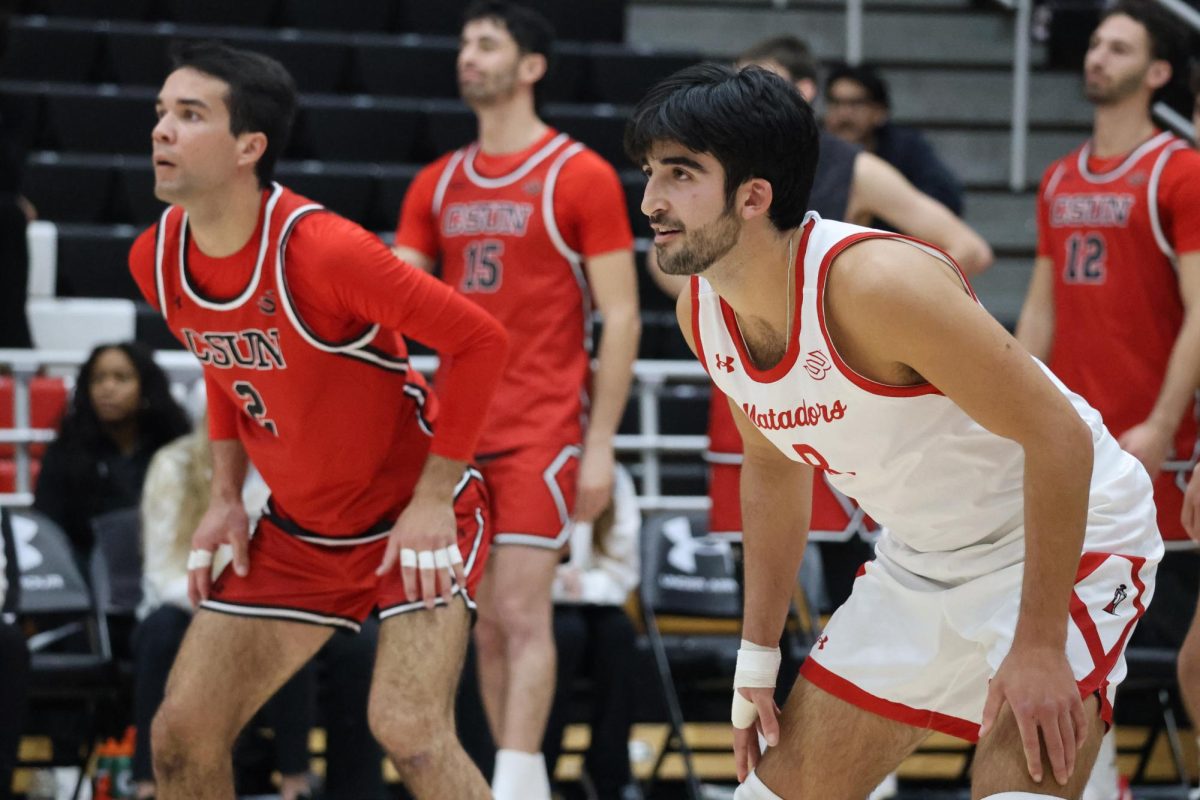CSUN students met in the USU Grand Salon on Thursday to discuss the university’s commitment to black students.
The panel, which consisted of several CSUN alumni and students, answered questions and responded to comments from the audience, on topics such as graduation rates and connecting with campus resources.
“There is far more potential for success here than we realize,” said William Watkins, vice president of student affairs and dean of students.
Students listed one of the biggest difficulties facing African American students as the gap between high school and college.
“I think the solution is we have to start with the high schools,” Dr. James Henry, an advisor on campus for students with the Educational Opportunity Program (EOP), said.
Other students spoke about the effect that coming from high school as EOP students had on them.
“I came in as an EOP student,” said panelist MaRhonda George. “Either black students are dropped out, or… it’s taking five or seven years to graduate.”
One student, Timothy Roberts, spoke of the issue that black students have difficulties determining who to trust.
“I grew up in South Central L.A. Education was pushed on us, college was pushed on us,” Roberts said. “A big problem for me when I came here was, ‘Who can I trust?’”
Another panelist, Nathan Edwards, spoke of going to school in the South and coming across a different social context.
“I had a really difficult experience as an undergraduate,” Edwards said. “You’re left to your own a little bit.”
Students discussed the California State University system’s Executive Order 665, which required the CSUs to assess competence in remedial mathematics and English. They also discussed the difficulties students on campus have fulfilling these requirements even with help from CSUN resources.
“My sister had come in [to CSUN] as a first-time freshman,” said panelist Patrick Johnson.
Johnson said even though she had connections to mentors and resources on campus, including her older brother, she still dropped out after failing a remedial math course.
“Talking to her after, she had at some point decided before it was over for her that she was going to go home and go to community college,” Johnson said.
Another panelist spoke on the importance of self-confidence.
“It’s about opportunity and equity,” Tremaine Davis said. “I would like us all to eliminate this phrase out of our psyche, ‘Black people don’t.’ We can, and we do and we will.”
Davis also spoke on the difference between being ready, being prepared, and the feeling of being the only African-American in the room.
“I come from the train of thought of pan-Africanism,” Davis said. “Any time I’m in a room… I am one of many.”
He added that the idea that African Americans are a minority can sometimes be harmful, as it can make one less likely to speak up or ask for help.
